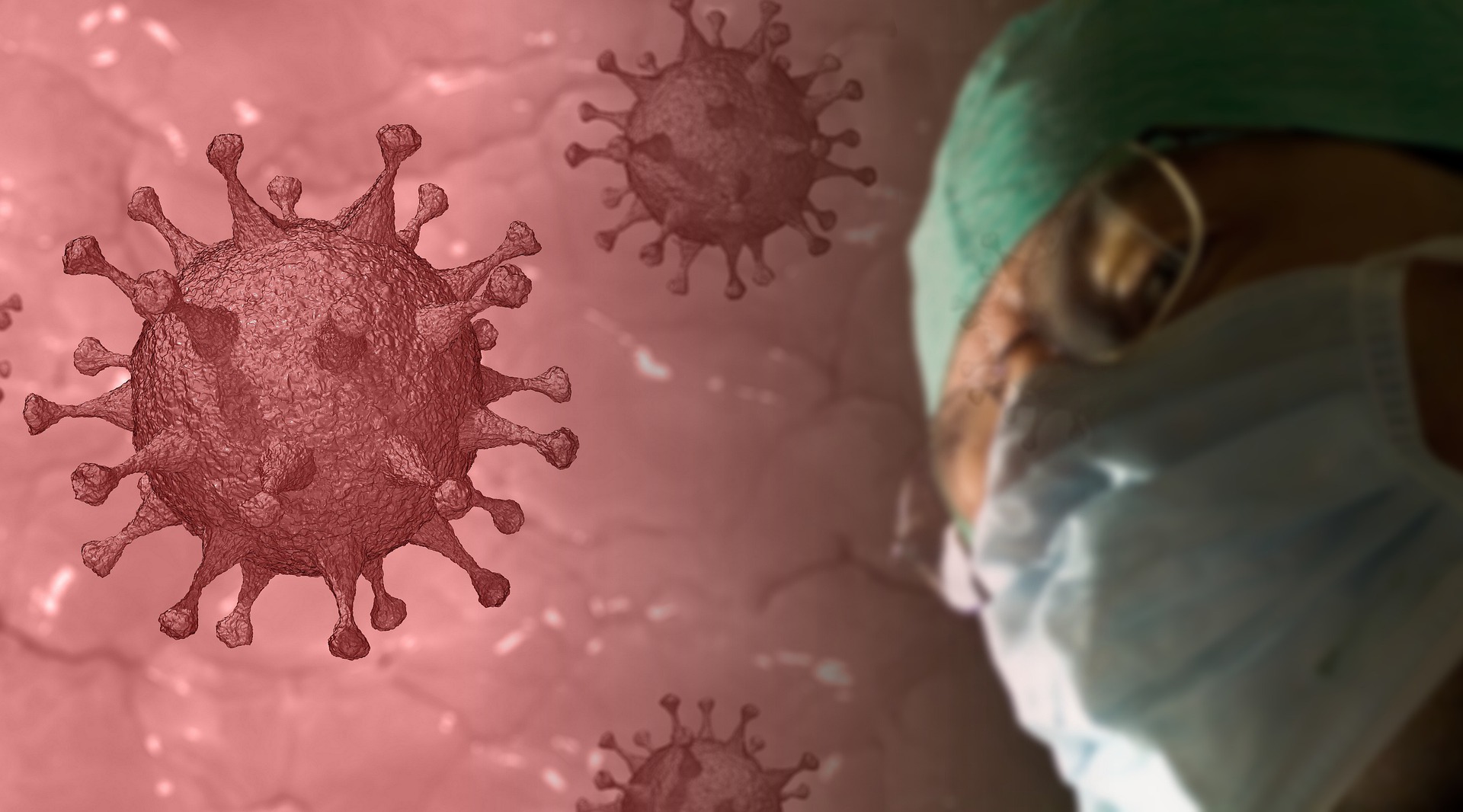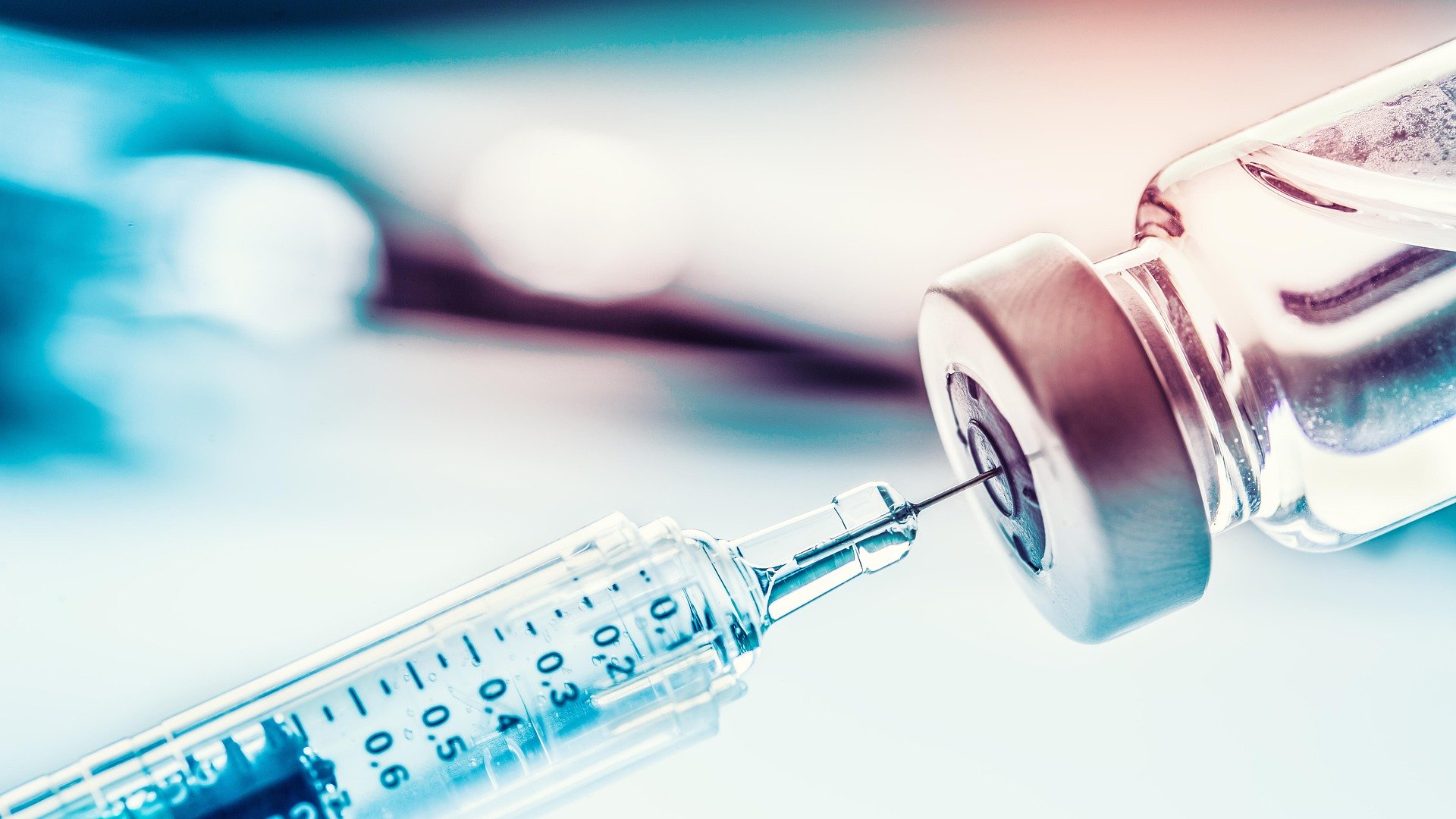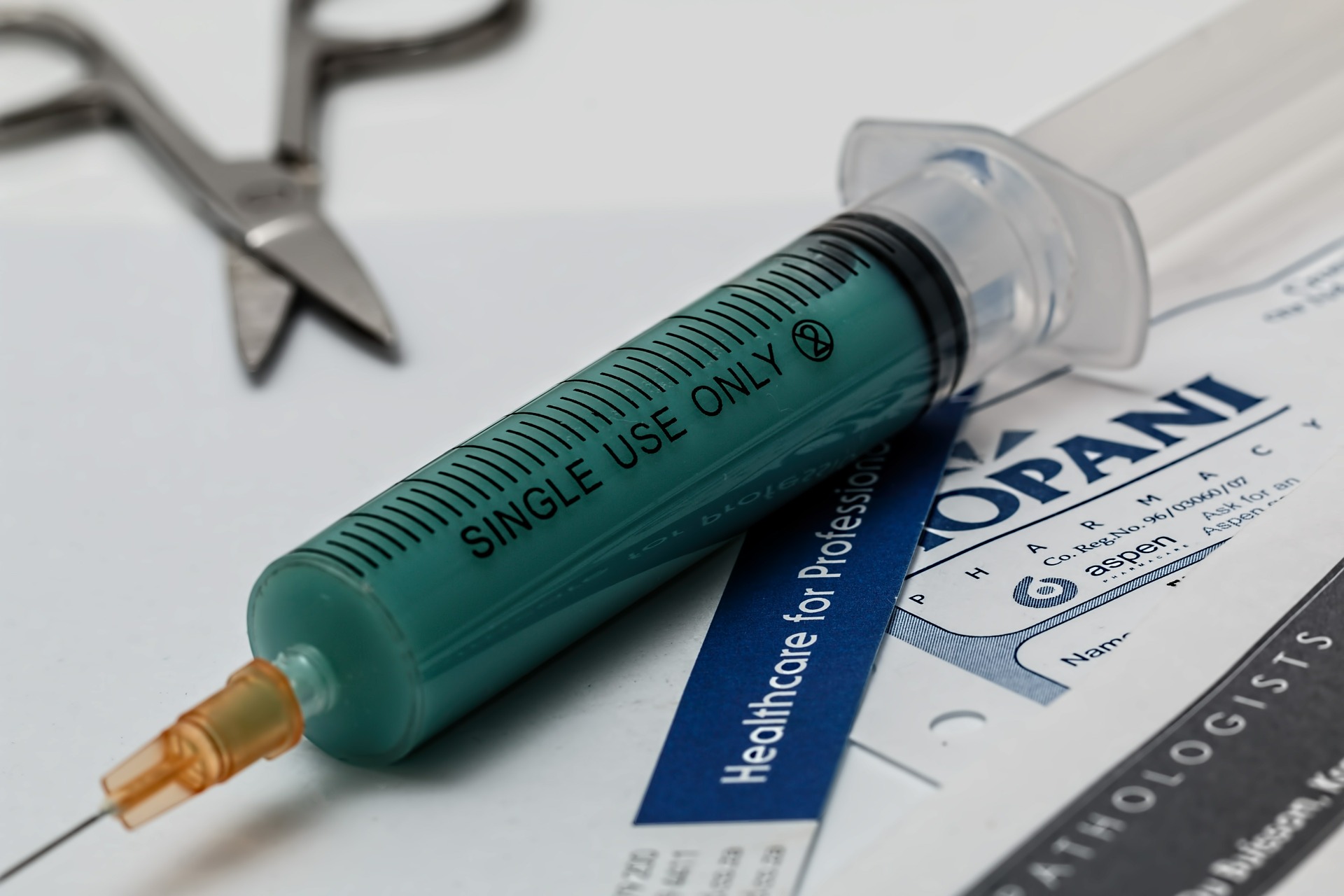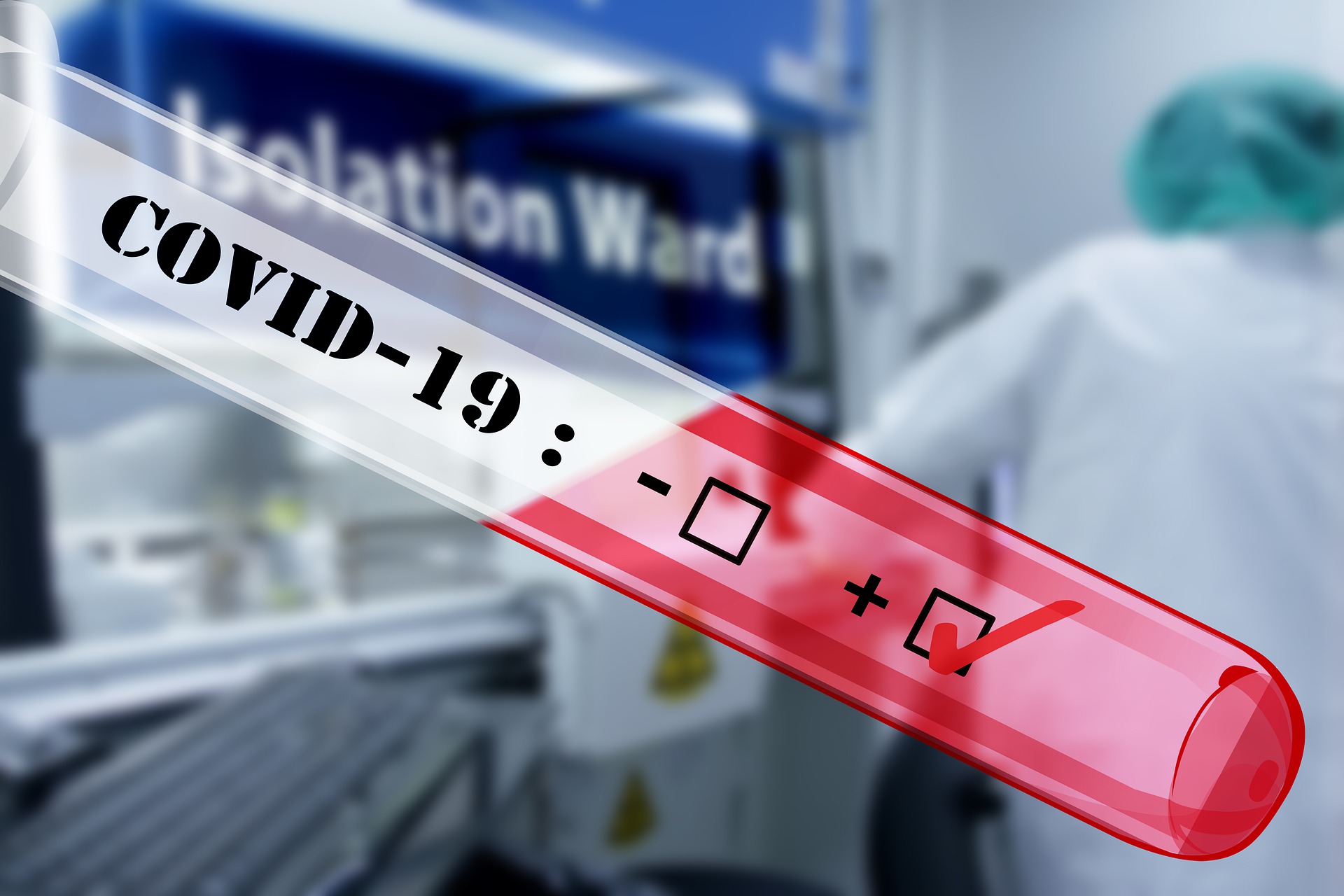Canadian clinical-stage biotech company Symvivo Corporation has developed an oral COVID-19 vaccine that entered clinical trials this week. The first healthy volunteer was dosed with the vaccine in Australia as part of the bacTRL-Spike COVID-19 Phase I clinical trial.
In contrast to conventional vaccines that are administered via intramuscular injection, Symvivo’s bacTRL-Spike vaccine is taken orally, giving patients the potential to self-administer the vaccine as opposed to needing a healthcare professional to deliver it.
Another advantage of the vaccine is that it can be stored at room temperature, eliminating the need for cold-chain supply logistics.
The Burnaby, BC-based company developed the oral DNA-based vaccine using its proprietary bacTRL Gene Therapy Platform, which uses genetically modified bifidobacteria as carriers of genetic vaccine elements on a DNA plasmid.
Related: Red Meat Allergy Test Gets FDA Clearance
“We are exceptionally pleased to commence dosing of our oral DNA vaccine for COVID-19 as we continue scale-up and manufacturing activities for future clinical development,” Symvivo’s chief medical officer Eric Sievers said in a press release from the company.
The gene therapy-based vaccine targets mucosal tissues in the gastrointestinal tract, allowing for greater selectivity and targeted delivery compared to traditional vaccines.
Symvivo CEO and founder Alexander Graves told CTV News that the vaccine candidate has a scientific and compliance benefit. He explained that by taking the vaccine orally “allows for a mucosal response in the intestine that can trigger signals to eliminate viruses in the body.”
BacTRL Gene Therapy Platform
Symvivo’s bacTRL Gene Therapy Platform is designed and optimized to address limitations associated with typical vaccines, including the inability to accommodate large or multiple genes, lack of specificity to targeted tissue and poor control over immune response, says the company.
Graves explained the gene therapy platform delivers plasmid DNA that enables a patient’s own cells to produce therapeutic proteins that work to clear harmful virus particles from healthy tissues.
“Your mucosal immune response is really the first line of defense against viruses and other infectious diseases, and we have demonstrated the ability in our preclinical models to produce a mucosal response in addition to traditional systemic immune responses that other vaccines can induce,” Graves said.
The bacTRL platform specifically allows for oral and intravenous vaccines to selectively colonize hypoxic tissue, while sparing healthy tissues. DNA vaccines designed using the platform consist of a combination of an advanced gene expression plasmid (pDNA) with gene(s) of interest, and a probiotic bacterium to deliver the vaccine directly to the gut, where it binds to intestinal epithelial cells. The bacterium then secretes pDNA-protein complexes, triggering an immune response to treat and prevent infection associated with the delivered genes.
The bacTRL-Spike vaccine for COVID-19 contains DNA fragments that encode the SARS-CoV-2 Spike protein — which is critical for attachment and entry of the virus into host cells — located on the outer surface of the virus. The body should, therefore, produce an immune response against the Spike antigen to protect against SARS-CoV-2 infection.
If approved, Symvivo believes, “bacTRL-Spike has the potential to protect large populations from a wide range of emergent pathogens quickly, unlike injectable vaccines, with the benefits of a readily customized, rapidly scalable manufacturing foundation.”
COVID-19 Clinical Trials
The Phase I trial for the vaccine is called Evaluating the Safety, Tolerability and Immunogenicity of bacTRL-Spike Vaccine for Prevention of COVID-19 (NCT04334980) and is being conducted in partnership with Nucleus Network in Brisbane, Australia. The study will evaluate safety and preliminary efficacy data, looking for evidence of immunogenicity against SARS CoV-2 elicited by the bacTRL-Spike vaccine in healthy volunteers. The company estimates preliminary data to be available in early 2021.
If the first phase of the clinical trials proves that bacTRL-Spike is safe to use, Graves said the company will then be able to evaluate whether an effective immune response against SARS-CoV-2 is generated.
In October, Symvivo had announced that it is to receive up to $2.8 million from Canada’s National Research Council (NRC) to support the clinical advancement of bacTRL-Spike.
As a vaccine that can be stored at room temperature, it not only bypasses the complications and costs associated with cold-storage supply chains, but importantly, opens up the possibility to deliver vaccine doses to remote areas globally where refrigeration may not be readily available. Having the vaccine in oral form lends added convenience as it allows people to self-administer it without professional medical assistance.
“When you could envision shipping this product [to] everybody’s home around the world so that people can take it without medical oversight, we can actually get a viable vaccine solution globally,” Graves said.












Join or login to leave a comment
JOIN LOGIN